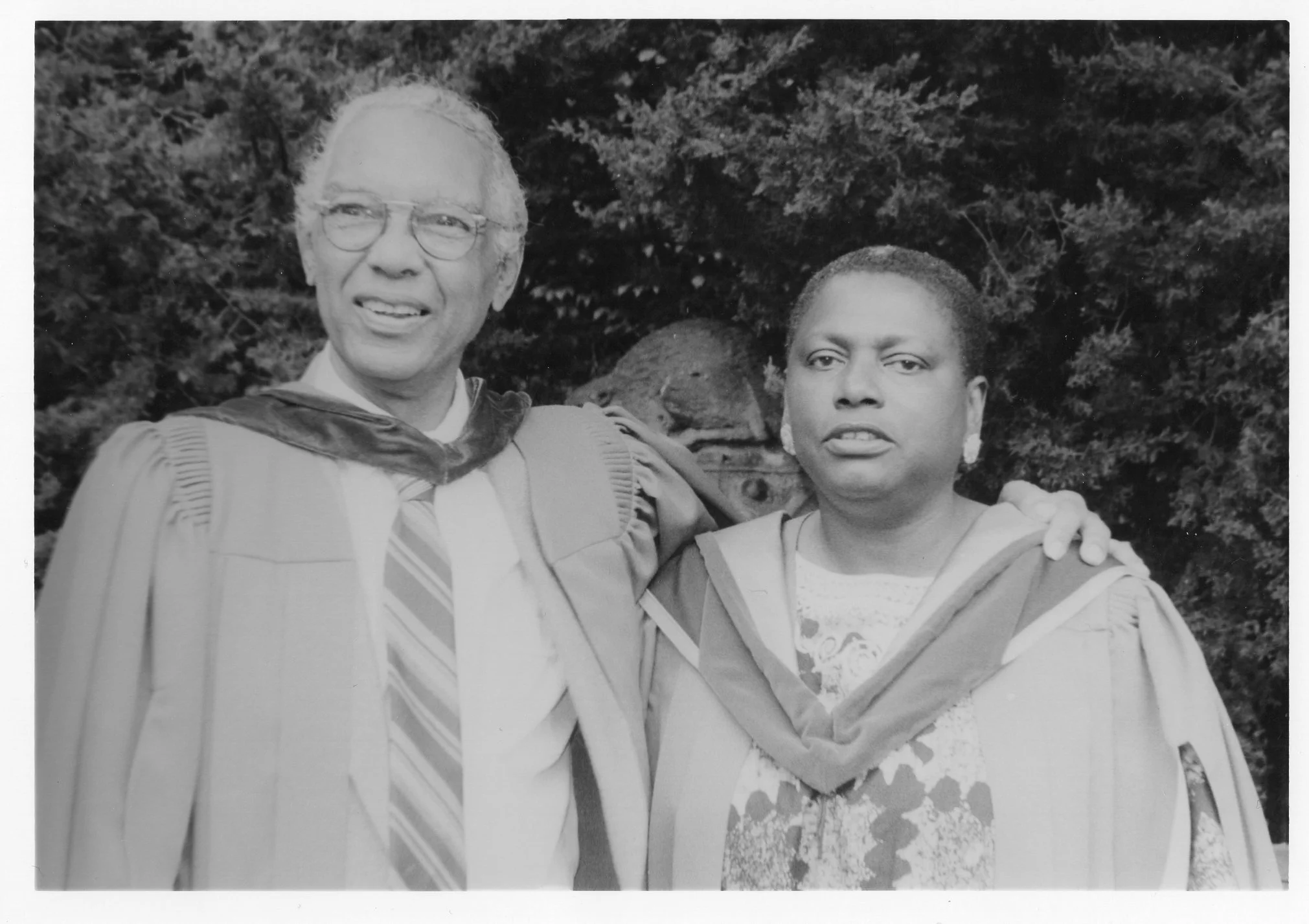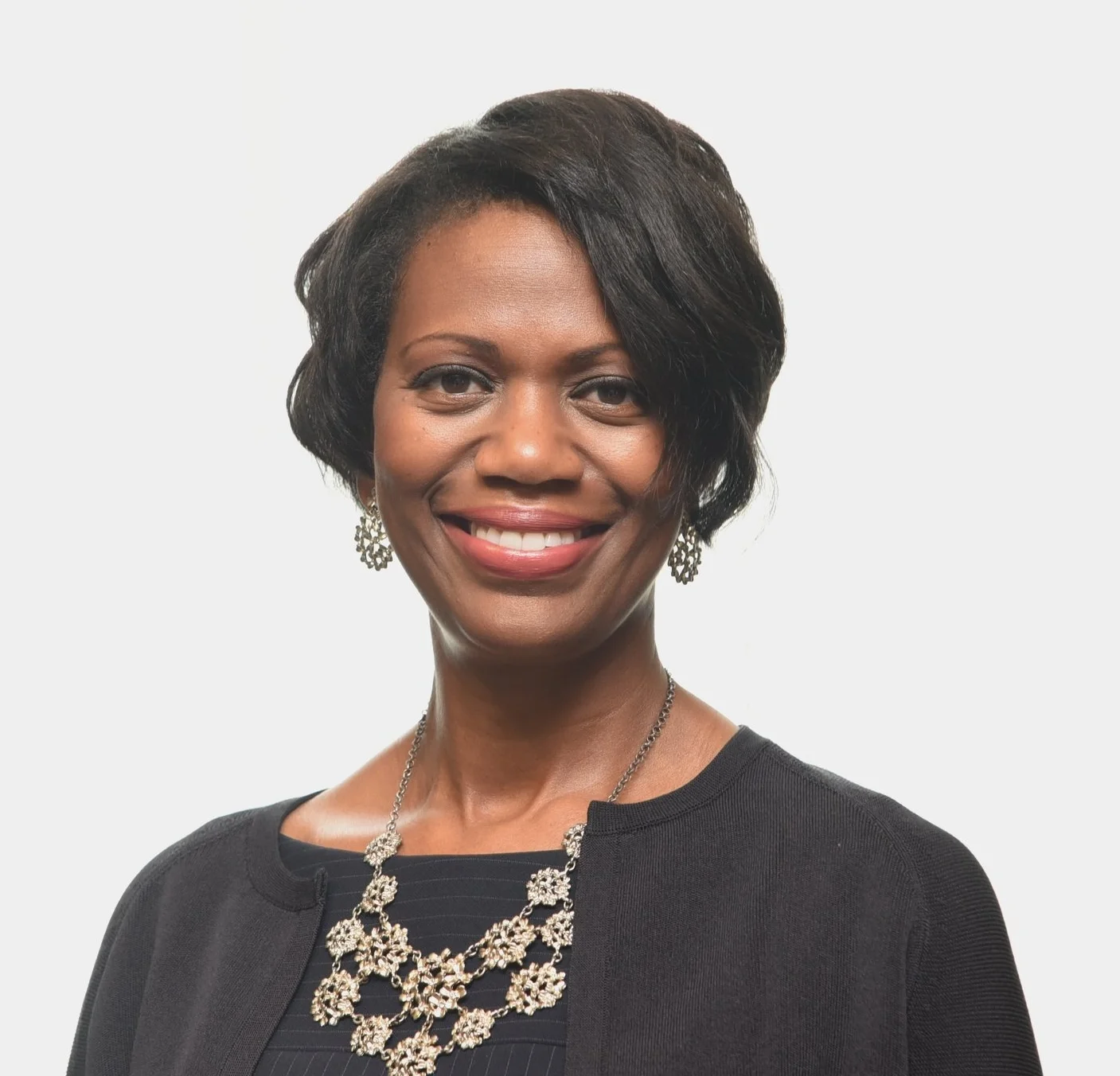Glenda Simms championed learning, women's rights and racial equality
Distinguished educator, cross-cultural psychologist and undaunted advocate for gender and racial equality Dr. Glenda Simms passed away on December 31 after a lengthy illness.
She would have turned 83 on the 25th of January.
The outstanding leader and public servant advised the Jamaican and Canadian governments on women’s issues, poverty eradication, race relations, education, child labour and development issues and negotiated funding agreements between government departments, communities and universities.
Born in the parish of St. Elizabeth in Jamaica, Simms graduated from Bethlehem Teacher Training College (now Bethlehem Moravian College) and taught at Vauxhall Senior School, Vere Technical High and Cornwall College before coming to Canada in 1966 to further her teaching career.
Warmly accepted in her first assignment in Fort Chipewyan Reserve in northern Alberta, she also taught at Elizabeth Metis Settlement and Bigstone Cree Nation before enrolling in the University of Alberta Bachelor of Education program in 1972.
Reflecting 25 years later, Simms said teaching on Indian Reserves was one of her best experiences.
“I think that is the best thing that ever happened to me,” she noted in a 1991 interview published in the defunct ‘Tiger Lily Journal by Women of Colour’. “If I had to relive this period in Canada, I would want to go back and work amongst the Native people. It has offered me a perspective that I could not get from any textbook. I think that many more minorities should take the opportunity to get out of the urban centres and go into the remote areas of this country and live and understand how Native people live. We can learn a lot from them.”
Encouraged by a professor to pursue a PhD. in Educational Psychology after finishing her Master’s in Educational Psychology in 1976, Simms successfully defended her doctoral dissertation while teaching and raising three children, Michelle, Emil and Shaun.
The voracious reader dedicated the thesis, ‘Political Messianism: The Case of Michael Manley’, to Jamaican people struggles.
Manley, who died in 1997, was Jamaica’s Prime Minister from 1972 to 1980 and 1989 to 1992.
After teaching stints at the University of Lethbridge and the Saskatchewan Indian Federated College, Simms returned to Jamaica in 1983 to take up an academic research position at the University of the West Indies Social & Economic Research Institute.
Back in Canada a year later, she served for two years as Supervisor of Inter-Cultural Education, Race & Ethnic Relations with the Regina School Board and taught Native Education at Nipissing University College in North Bay before making history in 1989 as the first Black president of the Canadian Advisory Council on the Status of Women (CACSW).
In that role, she championed the concept of an inclusive feminism that ensured that the perspectives of all sectors of the women’s community were sought out, listened to and incorporated into a comprehensive and results-oriented approach.
Ewart Walters, who started the defunct ‘Spectrum’ monthly community newspaper in Ottawa in 1984, said many of the stories he wrote about Simms after she assumed the presidency of the national organization referred to her as ‘Hurricane Glenda’.
“She was a very strong person who got things done,” said the former Jamaican Foreign Service employee and first Black editor of Carleton University’s weekly newspaper. “Glenda made the CACSW, which was a very White French group when she became President, more inclusive. She was a towering force for Black dignity and someone who was always ready to seize an opportunity.”
Walters’ wife of 57 years, Merle, was Simms speechwriter for four years when she was with the CACSW.
“Glenda was an excellent speaker who conveyed her message to audiences in a very clear and concise manner,” she said. “She was also very warm and there was a certain dignity that was undeniable. Because of my association with her, I got to see many places in Canada and the United States.”
Former Canadian Member of Parliament Jean Augustine and Simms, who was the Congress of Black Women (CBW) Canada president for five years, were close friends for nearly four decades.
They met at the Congress’ fifth annual conference in Winnipeg in 1980.
“She was very bright and outspoken person who cared deeply about women’s issues and their place in society and was able to articulate the concerns of immigrant women,” said the first Black woman to be elected to the Canadian parliament. “As a leader, she had a clear vision of the direction which we should go. Her imprint is on much of the early work the Congress did. Black and White women in Canada owe a debt of gratitude to Glenda for the enormous contributions she made in championing women rights.”
Augustine and Simms represented Canada as non-governmental delegates at the Third World Conference on Women in Nairobi, Kenya in 1985, marking the end of the Decade of Women that adopted the ‘Forward Looking Strategies for the Advancement of Women’, the blueprint for improving the status of women in members states.
“Glenda advocated fiercely for women not in government, saying their voices were just as important,” added Augustine. “She was a real activist in that area.”
Two years earlier, Simms attended the ‘Ensuring Gender Equality’ conference in Johannesburg and, on her return to Canada, prepared a video, ‘Women, Politics & Equity’, for the African National Congress Women’s League that was used in training workshops for women candidates in the 1994 South Africa general elections.
She also had a close relationship with Ettie Rutherford who founded the CBW York Region and Oshawa/Whitby chapters.
“When Glenda was at Nipissing University, she invited me to be a guest lecturer for a summer,” she pointed out. “She also was the Master of Ceremony at my book (Women are Worthy: Why Perch Like A Chick When You Can Soar Like An Eagle?’) launch at Mico University College in Jamaica in 2014. Powerful, focussed and humble, she made women’s lives better.”
As part of Canada’s delegation at the fourth World Conference on Women in Beijing in 1995, Simms met former Jamaican Prime Minister Portia Simpson Miller who encouraged her to return to Jamaica to assist in the development of the Bureau of Women Affairs.
Accepting the challenge, she became the first Executive Director and raised the organization’s profile in her nine years in that role.
In a Facebook post, Simpson Miller said Simms worked tirelessly to end all forms of gender-based violence and discrimination.
“She travelled to every parish to educate men and women about improving gender relations and ending gender-based violence,” she said. “She was strong in her conviction that the way to end gender-based violence was to create a better understanding between women and men. She was intolerant of any kind of gender discrimination and was strident and vocal when qualified women were passed over for important national positions. We have lost a strong woman who was also a kind and beautiful soul.”
Olivia ‘Babsy’ Grange, Jamaica’s Minister of Culture, Gender, Entertainment & Sport, said Simms was a trailblazing figure in the fight for women’s rights.
“Dr. Simms never stopped advocating for women’s rights and for the removal of barriers that prevent women and girls from achieving their full potential,” she said in her tribute on Facebook. “She gave dedicated and passionate leadership to her cause.”
Simms started her own company that specialized in gender issues and was a senior advisor to Simpson-Miller on gender development and a ‘Jamaica Gleaner’ newspaper columnist.
A founding member of the National Organization of Immigrant and Visible Minority Women, member of the North Bay Human Rights Hall of Fame and honourary member of the Federation of Medical Women of Canada, she completed Harvard University’s Executive Program for Leaders in Development and authored ‘Diasporic Experience of Blacks in Canada: A discourse’ to mark the 1991 establishment of the James Robinson Johnston Chair in Black Canadian Studies at Dalhousie University.
Simms was the recipient of the Jamaica Order of Distinction in 2014 for her outstanding contributions in the field of gender development, honourary doctorates from the University of Manitoba, the University of Alberta, Queen’s University and the University of Western Ontario (now Western University), a Distinguished Alumnus Award from the University of Alberta where she completed her undergraduate and graduate degrees and the Canadian Association of Principals Award of Excellence.
In June 1993, she was awarded a Ryerson University fellowship for Advancing Equality for Racial Minority and Aboriginal Women. In her convocation address, she said feminism has the potential to revolutionize and improve everyone’s lives.
The late Dr. Glenda Simms and Dr. Wilson Head were awarded Ryerson Fellowships in 1993 (Photo by Ron Fanfair)
Simms dedicated the award to young people in Canada, adding she did so in the hope that they will be inspired to use their personal lives and experiences as catalysts for change in an increasingly complex world.
Because of failing health, she spent the last two years in Ottawa with her daughter, Michelle Simms.
“Mom was a woman who made those in her path feel appreciated, valued, loved and empowered to be the best human being possible,” she said. “We will forever remember her stories, her narrative, her wit, her razor-sharp humor and her dogged persistence when she put her mind to accomplishing a task.”







